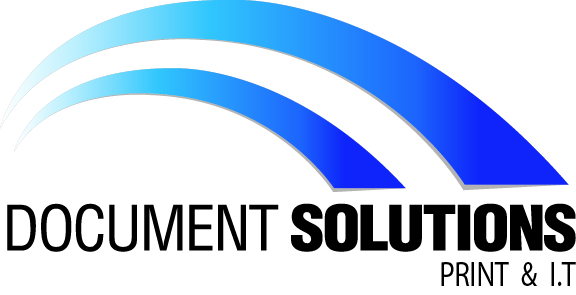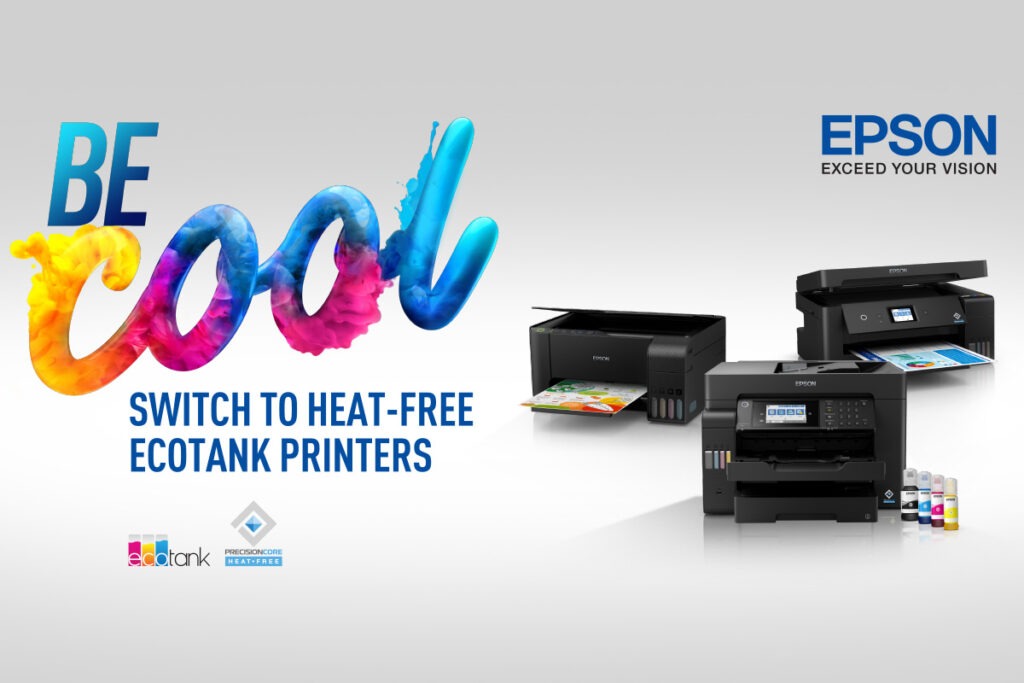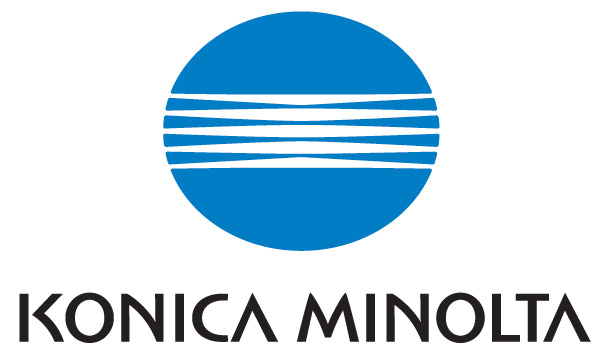In an era where environmental consciousness has become a business imperative, the printing industry which is traditionally known for its resource-intensive processes, is experiencing a profound transformation. At the forefront of this green revolution is Epson, a company that has redefined what sustainability means in the world of printing technology. This article explores how Epson’s innovative approach is reshaping the printing landscape, creating solutions that benefit both businesses and the planet.
The Environmental Challenge of Traditional Printing
For decades, printing technology has faced criticism for its environmental footprint. From energy-hungry laser printers and copiers to the chemical-laden toner cartridges that end up in landfills, conventional printing methods have struggled to align with growing sustainability demands. According to industry reports, a typical office worker uses approximately 10,000 sheets of paper annually, while an average laser printer consumes significant amounts of electricity and generates substantial waste.
Epson’s Environmental Vision: Beyond Compliance
Epson’s journey toward sustainability isn’t merely about regulatory compliance, it represents a fundamental shift in how the company approaches product development and business operations. The company has embraced what it calls an “Eco Revolution,” a comprehensive strategy that integrates environmental responsibility into every aspect of its business model.
As highlighted, Epson’s environmental vision extends beyond creating eco-friendly products to encompass the entire product lifecycle, from manufacturing and distribution to usage and disposal. This holistic approach has positioned Epson as a pioneer in sustainable printing solutions.
Heat-Free Technology: The Core of Epson’s Innovation
Central to Epson’s sustainability efforts is its proprietary Heat-Free Technology, which forms the foundation of its business inkjet printers. Unlike traditional laser printers that require heat—sometimes up to 200 degrees Celsius—to fuse toner to paper, Epson’s inkjet technology operates without heat, delivering significant environmental and operational benefits.
According to IT News Asia, this fundamental difference translates into:
- Up to 83% less energy consumption compared to laser printers
- Reduced carbon dioxide emissions throughout the printing process
- Fewer replacement parts, minimising maintenance waste
- Consistent high-speed printing without warm-up time
The elimination of heat from the printing process addresses one of the most resource-intensive aspects of traditional printing technology, representing a genuine breakthrough in sustainable printing.
PrecisionCore Technology: Efficiency Meets Quality
Epson’s commitment to sustainability doesn’t come at the expense of performance. The company’s PrecisionCore technology delivers professional-quality output while maintaining its environmental advantages. This high-density print chip technology allows for precise ink placement, resulting in:
- Sharp, laser-like text quality
- Vivid color reproduction
- Faster print speeds
- Reduced ink consumption
The technology demonstrates that businesses no longer need to choose between sustainability and quality—Epson delivers both in a single package.
Beyond Energy: Comprehensive Waste Reduction
Epson’s sustainability initiatives extend well beyond energy efficiency. The company has implemented a comprehensive approach to waste reduction throughout its product ecosystem:
Consumables and Packaging
Epson’s high-capacity ink packs and tanks dramatically reduce packaging waste compared to traditional cartridge systems. A single set of ink packs can print up to 86,000 pages, equivalent to approximately 59 standard toner cartridges. This reduction in consumables translates to:
- Less plastic waste
- Reduced transportation emissions
- Lower resource extraction for manufacturing
- Minimised packaging materials
Extended Product Lifecycle
Another key aspect of Epson’s sustainability approach is designing products with longer operational lifespans. By creating more durable printing solutions with fewer replacement parts, Epson reduces the environmental impact associated with manufacturing and disposing of printing equipment.
Business Case for Sustainability: Economic Benefits
What makes Epson’s approach particularly compelling is that environmental benefits align perfectly with business advantages. As reported by IT News Asia, organizations implementing Epson’s business inkjet solutions experience:
- Reduced energy costs of up to 83% compared to laser alternatives
- Lower maintenance requirements due to fewer replacement parts
- Increased productivity with consistent high-speed printing
- Reduced downtime from fewer interventions and maintenance needs
This alignment of environmental and economic benefits has accelerated adoption across various sectors, from small businesses to large enterprises and educational institutions.
Real-World Impact
Epson’s sustainability initiatives have delivered tangible results across different sectors:
Education Sector
Schools implementing Epson’s heat-free printing solutions have reported significant reductions in energy consumption while maintaining the high-volume printing capabilities required in educational environments. The reduced intervention requirements have also allowed IT staff to focus on more strategic initiatives.
Healthcare Industry
Medical facilities have benefited from Epson’s reliable, eco-friendly printing solutions that deliver consistent performance in critical environments while reducing operational costs and environmental impact.
Corporate Settings
Businesses adopting Epson’s sustainable printing technologies have documented substantial reductions in both their carbon footprint and total cost of ownership, contributing to corporate social responsibility goals while improving bottom-line results.
Looking Forward: Epson’s Continued Commitment
Epson’s sustainability journey continues to evolve. The company has established ambitious targets for reducing greenhouse gas emissions across its operations and supply chain, aiming to become carbon negative by 2050. Ongoing research and development focus on:
- Further reducing energy consumption in printing technologies
- Expanding the use of recycled materials in products
- Developing more efficient ink formulations
- Enhancing product recyclability
- Minimising water usage in manufacturing processes
The Broader Impact: Transforming an Industry
Epson’s leadership in sustainable printing is having ripple effects throughout the industry. By demonstrating that environmental responsibility can coexist with business performance, the company is helping to establish new standards for the entire printing sector.
Epson’s approach represents “a new era of printing sustainability”. One where environmental considerations are built into products from conception rather than added as afterthoughts.
Printing with Purpose
In an increasingly environmentally conscious world, Epson’s sustainable printing initiatives offer a compelling blueprint for how traditional industries can reinvent themselves. By fundamentally rethinking the printing process rather than making incremental improvements to existing technologies, Epson has achieved breakthrough advances in sustainability.
For Gold Coast businesses and organisations considering their printing infrastructure, Epson’s solutions provide an opportunity to align operational needs with environmental values—proving that with the right technology, we can indeed print better and greener.
As we look toward a future where sustainability is no longer optional but essential, Epson’s eco-revolution in printing technology stands as a powerful example of innovation driven by environmental purpose, where doing what’s right for the planet ultimately proves right for business as well.
If you’re intersted in learning more, contact Document Solutions and one of our Epson specialists will answer all of your questions.








